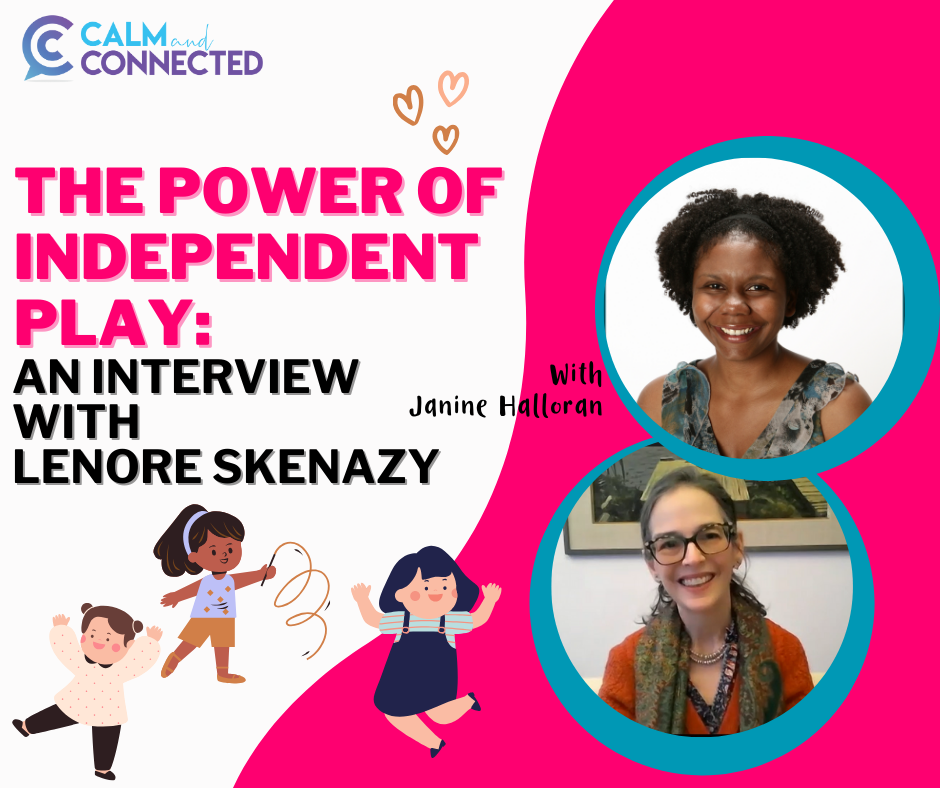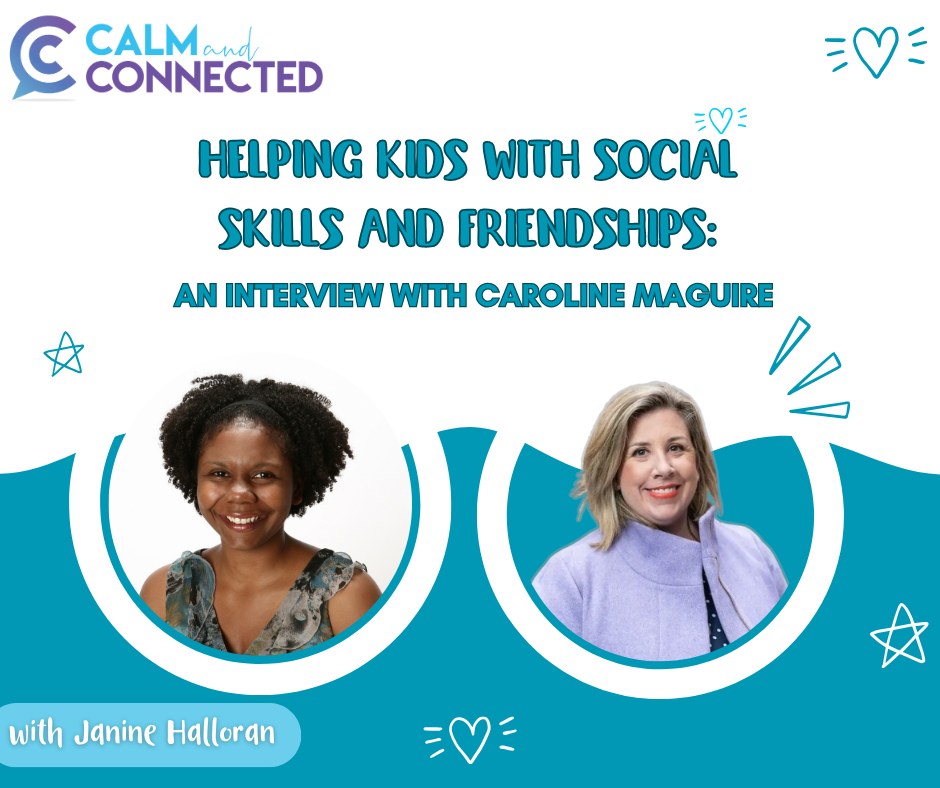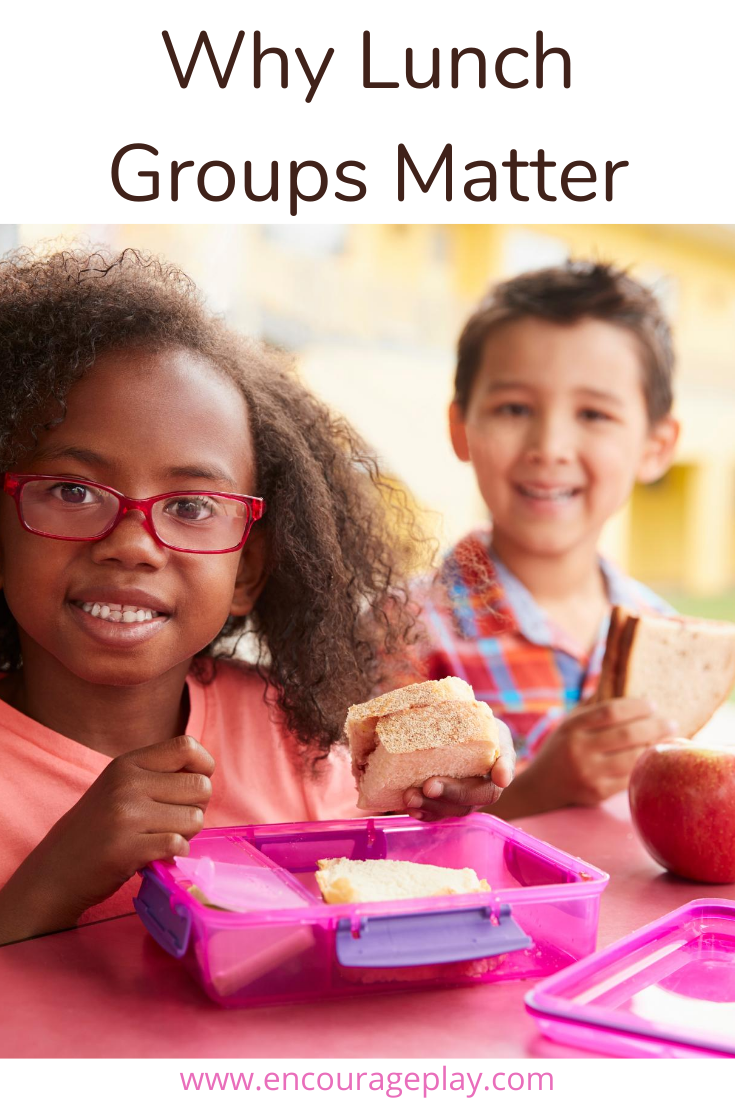The bell rings for lunch time. Five 9 year olds bound into my office, smiles on their faces and giving me cheerful greetings as they come through the door. They pick a seat, place their lunches on the table, then immediately ask about the question box. They can’t wait to see what the questions are this week.
One little girl reaches over, picks a question out of the box and reads it to the group. “If you could have any superhero power, what would it be and why?” The rest of them jump right in and start answering immediately.
“Invisibility, so I could scare my brother!”
“I’d want to be able to fly, to feel what a bird feels like.”
“I want to be able to immediately transport myself anywhere, so I could go to Disney World when I want to.”
When I think back to my time as a school counselor, my best memories are of laughter and connection during lunch groups. Lunch groups are a great way to get to know a lot of students throughout the year. It’s also a great way for children to meet new peers and potentially make new friends. But did you know that they’re a helpful way to support your students socially and emotionally?
Working in a group has been shown to be an effective intervention for children. Children can form bonds and realize they aren’t the only ones experiencing the challenges they face (divorce, feeling lonely, anxiety etc). Lunch groups have been shown to reduce loneliness and social anxiety and increase academic achievement as found in this study.
A great way to support kids who are bullied is by increasing their social circle. One way to achieve this is by creating lunch groups and putting kids who experience bullying with nice, respectful, potential friends.
Children often respond better to feedback from peers than from adults, and groups offer an opportunity for that to occur with adult supervision. See this article for more information about the benefits of group work.
The best way to learn social skills is using real life as a teachable moment to work through different struggles. Lunch groups are the perfect place where teachable moments can occur. When you use the questions during lunch group, you give the group an opportunity to practice listening skills, taking turns, and the natural flow of a conversation. When you play a game with a group, then you have a perfect opportunity to work on establishing the rules of the game, figuring out will go first, taking turns, and winning and losing graciously.
The bottom line is, having students who are on the right track in their social and emotional development means that they are able to better focus on learning and academic tasks.
The bell rings, and the kids get up, throw out their trash and head out the door talking to one another. One turns around and says “That was so much fun! See you next week!!”
Looking for some questions you can use in your lunch groups? Try these below.
BONUS: These prompts can even be used in remote learning!












